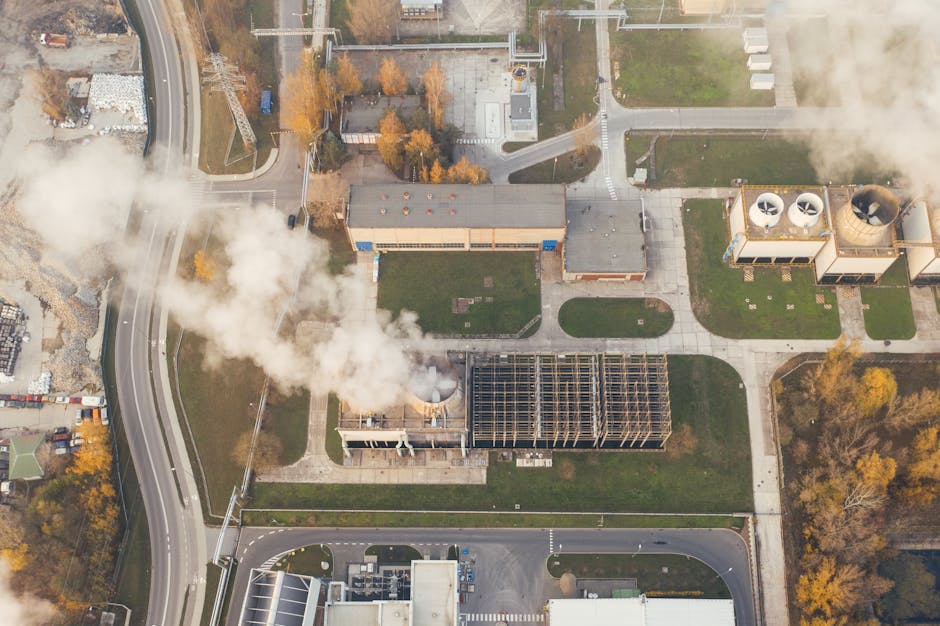Climate Change News: Urgent Updates, Impacts, and Solutions for a Sustainable Future
Climate change is no longer a distant threat; it’s a present reality impacting every corner of the globe. From rising sea levels and extreme weather events to biodiversity loss and food insecurity, the consequences of unchecked greenhouse gas emissions are far-reaching and deeply concerning. Staying informed about the latest climate change news is crucial for understanding the challenges we face and participating in the solutions.
The Latest Scientific Findings
Recent scientific reports paint a stark picture of the accelerating climate crisis. The Intergovernmental Panel on Climate Change (IPCC), the leading international body for assessing the science related to climate change, has consistently issued warnings about the severity of the situation. Their reports detail escalating global temperatures, melting glaciers and ice sheets, and the increasing frequency and intensity of extreme weather events like hurricanes, droughts, and heatwaves.
New research continually refines our understanding of climate change impacts. Studies are revealing the complex interplay between climate change and other global challenges, such as biodiversity loss, water scarcity, and public health. For example, research increasingly links climate change to the emergence and spread of infectious diseases. Understanding these connections is vital for developing effective mitigation and adaptation strategies.

Key Indicators and Trends
- Rising Global Temperatures: Global average temperatures continue to rise, exceeding pre-industrial levels by significant margins.
- Sea Level Rise: Melting glaciers and thermal expansion of seawater are causing sea levels to rise, threatening coastal communities and ecosystems.
- Extreme Weather Events: The frequency and intensity of heatwaves, droughts, floods, and wildfires are increasing, resulting in devastating consequences.
- Ocean Acidification: The absorption of excess carbon dioxide by the oceans is causing acidification, harming marine life and ecosystems.
- Biodiversity Loss: Climate change is a major driver of biodiversity loss, threatening the extinction of numerous plant and animal species.
The Impacts of Climate Change
The impacts of climate change are already being felt worldwide, affecting various sectors and populations disproportionately. Developing nations and vulnerable communities often bear the brunt of the consequences, despite contributing the least to greenhouse gas emissions. These impacts include:
- Food Security: Changes in temperature and precipitation patterns are affecting crop yields and livestock production, leading to food shortages and price increases.
- Water Scarcity: Droughts and altered precipitation patterns are exacerbating water scarcity in many regions, impacting agriculture, industry, and human health.
- Displacement and Migration: Rising sea levels, extreme weather events, and land degradation are forcing people to leave their homes, leading to climate migration.
- Public Health: Heatwaves, air pollution, and the spread of infectious diseases are posing significant threats to public health.
- Economic Impacts: Climate change is causing significant economic damage through infrastructure damage, reduced agricultural yields, and disruptions to supply chains.
Policy and International Efforts
Addressing climate change requires concerted global action. International agreements, such as the Paris Agreement, aim to limit global warming and promote climate resilience. However, significant challenges remain in translating these agreements into effective policies and actions.
Many countries are developing and implementing climate policies, including carbon pricing mechanisms, renewable energy targets, and energy efficiency standards. These policies vary in their ambition and effectiveness, and further strengthening is needed to achieve the goals of the Paris Agreement.
Key Policy Developments
- The Paris Agreement: A landmark international agreement committing nations to limit global warming to well below 2 degrees Celsius.
- National Determined Contributions (NDCs): Countries’ pledges to reduce greenhouse gas emissions.
- Carbon Pricing Mechanisms: Policies that put a price on carbon emissions, such as carbon taxes or cap-and-trade systems.
- Renewable Energy Targets: Goals to increase the share of renewable energy in the energy mix.
- Climate Adaptation Measures: Strategies to adapt to the unavoidable impacts of climate change.
Innovative Solutions and Technological Advancements
Technological innovation plays a critical role in mitigating climate change and adapting to its impacts. Significant advancements are being made in renewable energy technologies, energy storage, carbon capture and storage, and climate-smart agriculture.

Emerging technologies offer promising avenues for reducing greenhouse gas emissions and building resilience to climate change. These include advancements in solar and wind energy, improved battery storage technologies, and the development of carbon-neutral fuels.
Examples of Innovative Solutions
- Renewable Energy Technologies: Solar, wind, geothermal, and hydropower are becoming increasingly efficient and cost-effective.
- Energy Storage: Advancements in battery technology are enabling greater integration of renewable energy sources into the grid.
- Carbon Capture and Storage (CCS): Technologies to capture carbon dioxide emissions from power plants and industrial facilities and store them underground.
- Climate-Smart Agriculture: Practices that improve food security and reduce greenhouse gas emissions from agriculture.
- Sustainable Transportation: Electric vehicles, public transportation, and cycling are contributing to reducing emissions from the transport sector.
Conclusion
Climate change is a complex and urgent challenge, but it is not insurmountable. By staying informed about the latest climate change news, understanding the impacts, and supporting effective policies and solutions, we can work together to create a more sustainable future. Continuous innovation, international collaboration, and individual action are all vital in addressing this global crisis and building a more resilient and equitable world for generations to come. The time to act is now.


